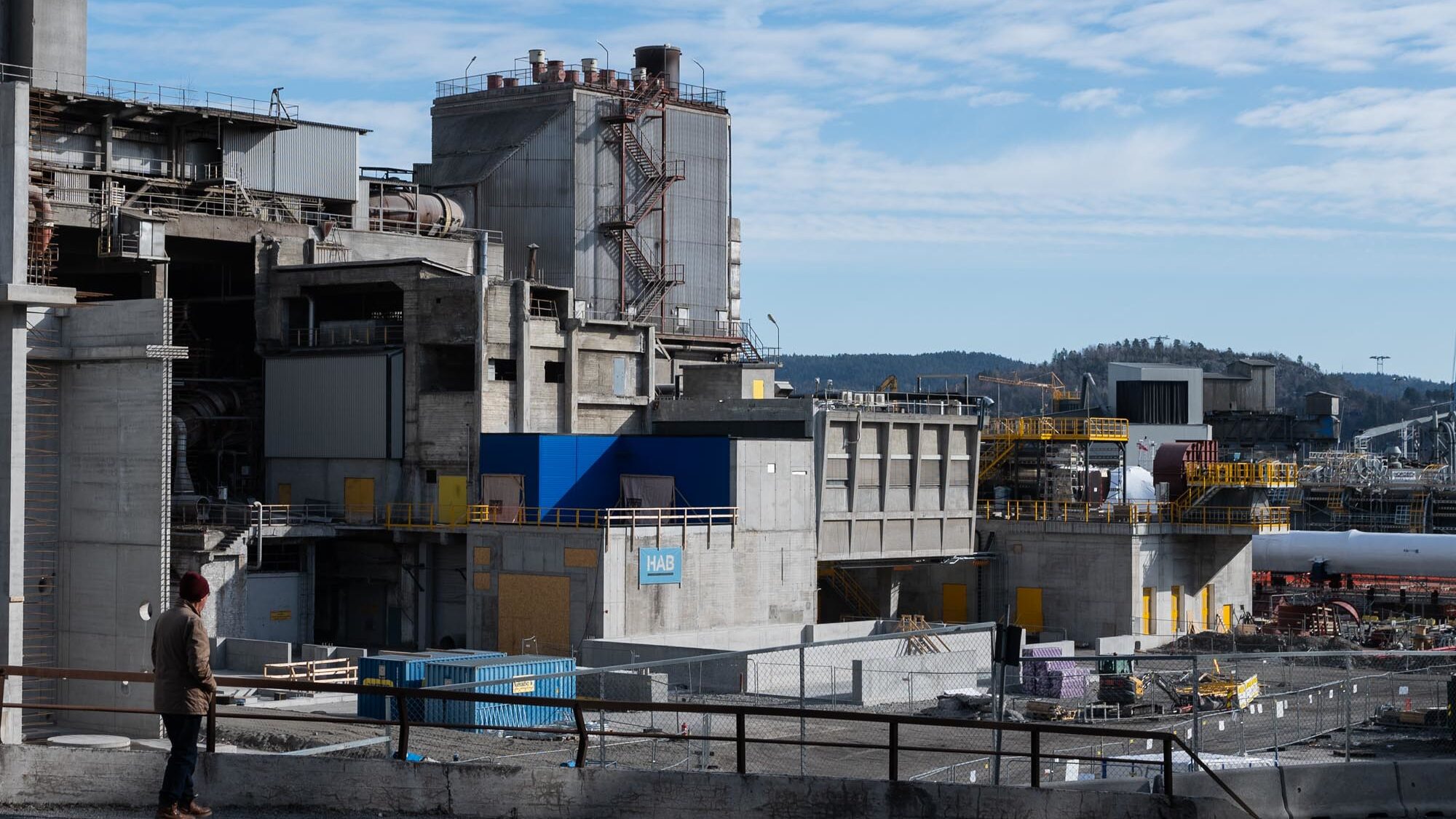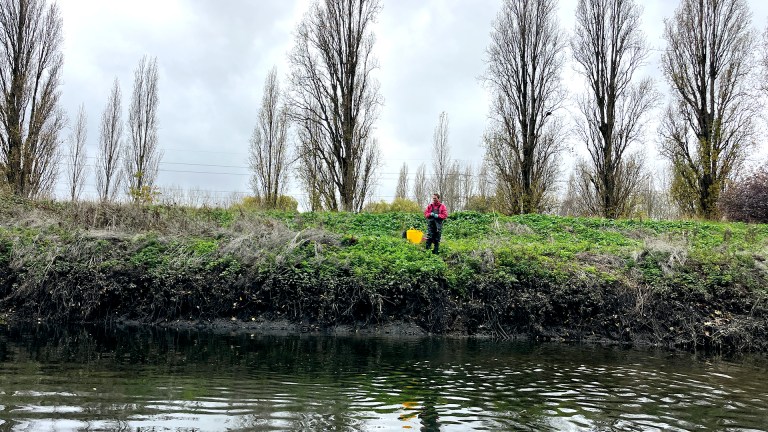Experts on carbon capture have warned Keir Starmer to move away from Rishi Sunak’s optimism on the sci-fi-sounding climate technology, with the future of the UK’s plans up in the air after a change in government.
Carbon capture – known by the initialism CCUS, or carbon capture, utilisation and storage – involves sucking carbon out of the atmosphere and storing it, or removing it from emissions being pumped out of industries like cement and natural gas.
The Conservative government, bullish on the technology of CCUS, announced a target for the UK to capture and store up to 30 million tonnes of carbon per year by 2030, at a cost of £20bn.
- Labour’s plan for the climate and nature: The good, the bad and the glaringly absent
- Charity uses carbon credits to make more homes energy efficient and greener – and it’s genius
Such was the optimism over the technology that the UK now does not have a path to net zero without carbon capture succeeding, said the National Audit Office (NAO) in July.
“UK policy makers should curb their enthusiasm with CCUS, because they are aiming for a target that is way too high compared to what the country can realistically achieve,” said Lorenzo Sani, a policy analyst at Carbon Tracker.
“They’re targeting some sectors where the implementation of CCUS is still very risky and very costly, and so we believe this is a little bit of a recipe for failure”





